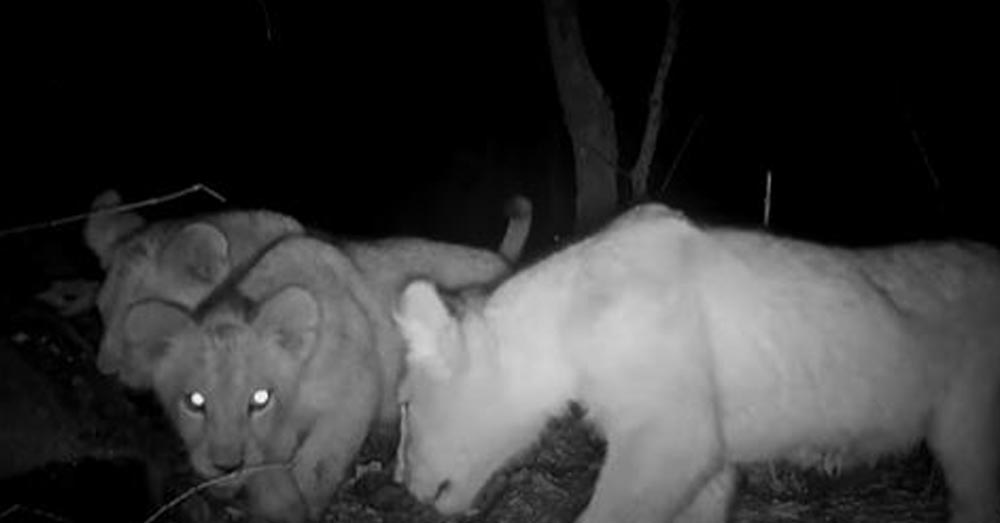
The Birth of Three New West African Lion Cubs Signifies Hope in Fighting Extinction
Different species of animals have been alarmingly labeled as endangered due to environmental problems and human activities. It’s saddening to see a world slowly losing majestic creatures. Thinking of a future without being able to encounter them at least once is dreadful. For people fascinated with wild animals, the lion is one of the large cats they’ve been looking forward to seeing one day. Most of the magnificent felines roam the grasslands of Africa, and others, such as the Asiatic lion, reside in western India. However, one lion subspecies has experienced a decline in population caused by illegal poaching and trade. West African lions became rare, with a population of 120 to 374 — among all subspecies, they lean toward extinction the most.

The International Union for Conservation of Nature has declared that the historic range of West African lions decreased by 99%. For this reason, a national park in Senegal is determined to prioritize the population growth of the large felines. Niokolo-Koba National Park has 29 individuals, and by 2025, they aim to have 50 more lions and a hundred in 2030. That mission began with the help of Florence, a resident lioness of the park. Conservationists celebrated the new members of the pride, who were born in February. The adorable cubs are two males and one female.

Footage of Florence with her cubs shared by the reserve has signified hope for the dying species. In the video, you’ll see how the cubs have grown healthy — playing with each other and familiarizing themselves with the environment. Florence has been doing an excellent job as a mother, which is a great help in ensuring their survival. Also, prior to the good news, Florence actually went missing first. Her GPS tracker stopped responding, and scientists were led to believe that the lioness had been poached. The cameras around the facility did not even catch a glimpse of Florence. Thankfully, she was found with her litter in a dense part of the forest. All worries vanished and were immediately replaced with hope.
Authorities believe that the park is capable of accommodating 200 more West African lions. They are now confident that their strategies are efficient, mainly after the birth of the three lion cubs. Niokolo-Koba national park worked on anti-poaching and monitoring operations. Their system isn’t only to protect West African lions but also other animals, such as spotted hyenas, western hartebeest, wild dogs, and giant eland. Florence’s gift to the world indicates that it’s not too late to recover the lion population of this and other subspecies from different habitats.

In 20 years, lion numbers have declined to 25,000 globally, and half of that population is from Africa. Hopefully, Niokolo-Koba National Park’s 3,500 square mile sanctuary becomes the home to a hundred more West African lions. Every newborn cub is one step closer to recovering the subspecies and one step farther away from extinction.